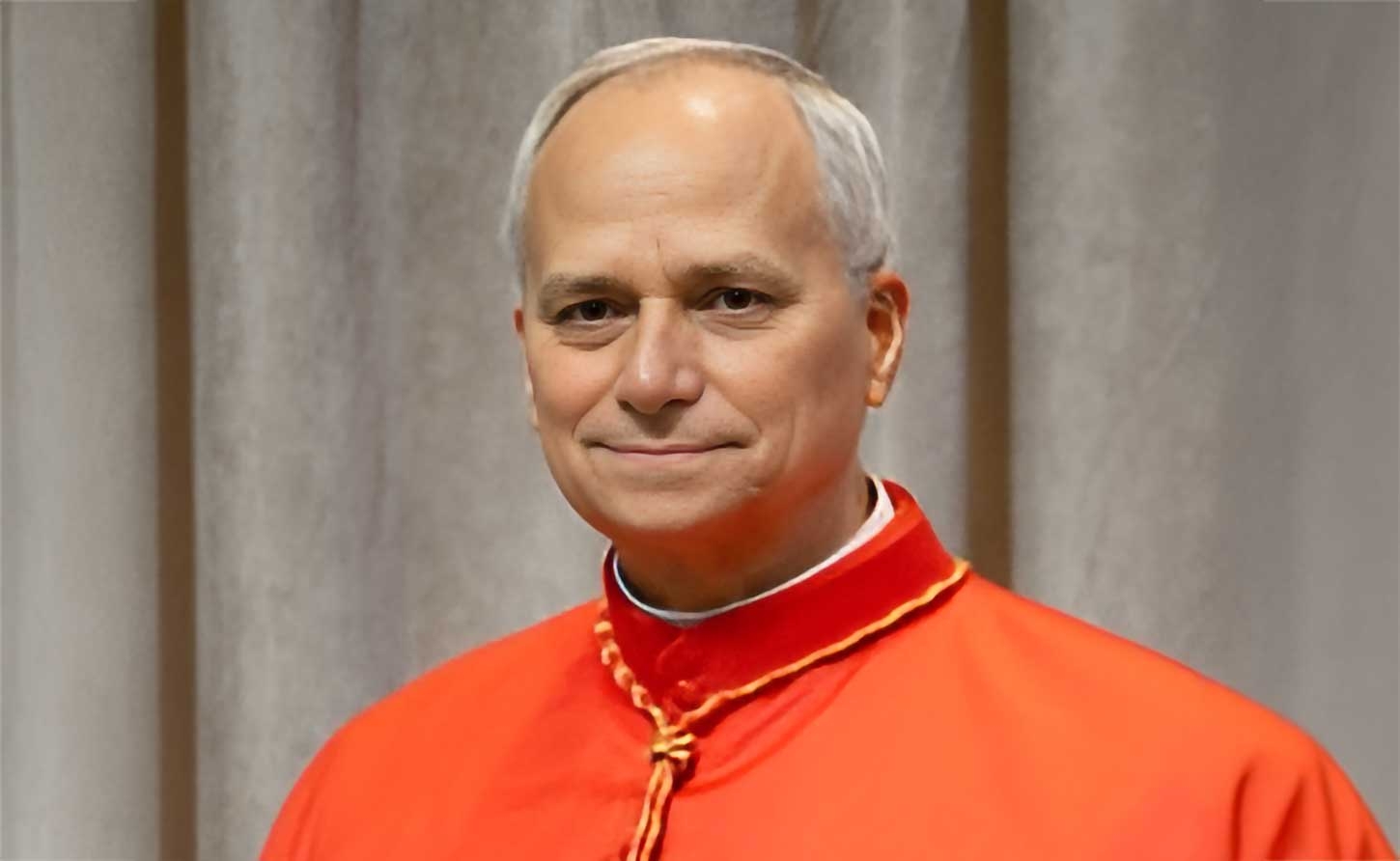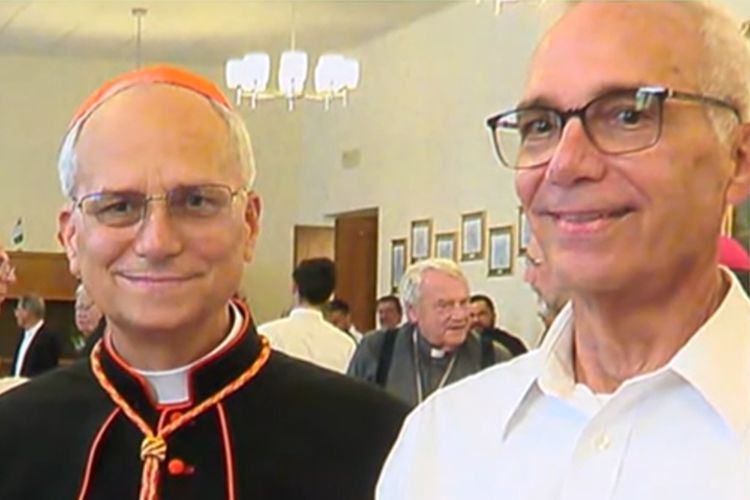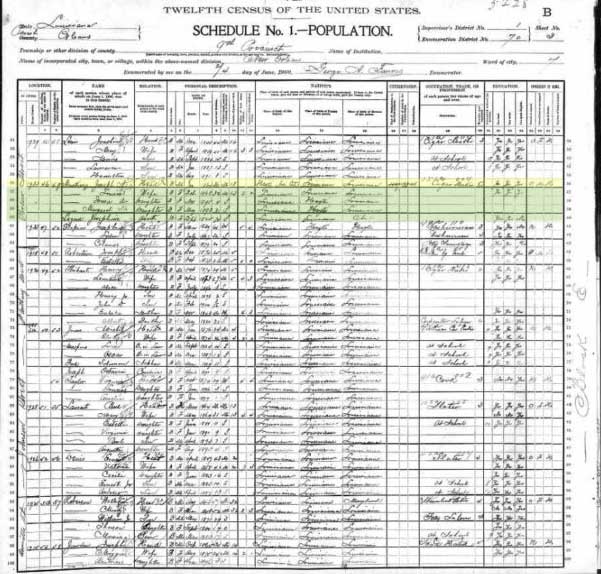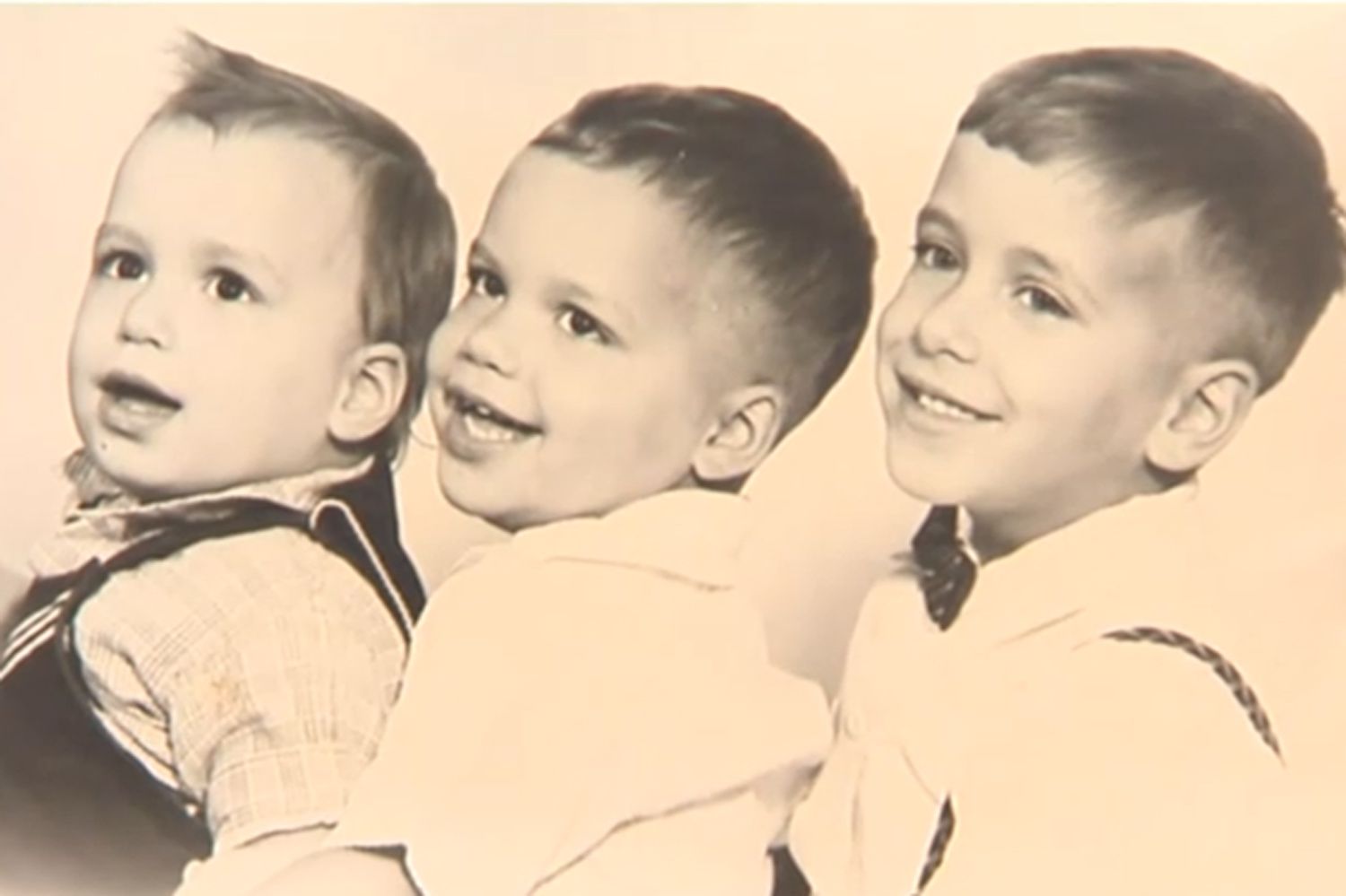RELIGION | From Chicago Streets to the Vatican: Pope Leo XIV's Black Heritage Sparks Pride and Political Firestorm

The election of Cardinal Robert Prevost as Pope Leo XIV, the 267th successor to St. Peter, sent ripples of surprise and intrigue across the globe. While the world marvelled at the first American-born pontiff, a deeper, more complex narrative was quietly unfolding – a story woven with threads of Haitian immigrant, Black, and Creole heritage that adds a profound layer to the universality of the Catholic Church.
This son of Chicago, whose maternal lineage traces directly to the Black community of New Orleans' 7th Ward with ties to Haiti, now stands as a testament to the diverse tapestry of faith, his ascent sparking immense pride in Black America and igniting a political firestorm.

Even in jest, his brothers would tease him about one day becoming Pope, a playful prophecy that has now materialized. His father, a school superintendent of French and Italian descent, and his mother, Mildred, a librarian of Spanish and Creole roots, instilled in him a strong sense of community and faith.
While his American identity made headlines, it is the revelation of Pope Leo XIV's maternal lineage that paints a richer, more nuanced portrait. According to genealogist Jari Christopher Honora, his maternal grandparents, Joseph Martinez and Louise Baquié, were Black Creoles residing in New Orleans' historic Seventh Ward, a vibrant district known for its Catholic traditions and its unique blend of African, Caribbean, and European cultures.
 The 1900 Federal Census explicitly lists Joseph Martinez as being born in "Hayti" and identifies both him and Louise as "Black." Earlier records even refer to them as "mulatto," highlighting the complex and often fluid nature of racial identity in America's history.
The 1900 Federal Census explicitly lists Joseph Martinez as being born in "Hayti" and identifies both him and Louise as "Black." Earlier records even refer to them as "mulatto," highlighting the complex and often fluid nature of racial identity in America's history.
Honora detailed how the Pope’s grandparents married in 1887 at Our Lady of the Sacred Heart Church on Annette Street in New Orleans before migrating north, with his mother, Mildred, being the first child born in Chicago.
This revelation, confirmed by Pope Leo XIV's brother John, though he noted that the family did not identify as Black, has ignited a powerful sense of pride within the Black community. As Representative Troy Carter (D-La.), the U.S. Congressman representing the very 7th Ward neighborhood where the new Pope’s family hails from, declared, "As a Black man, a proud son of New Orleans, and the U.S. Congressman representing the very 7th Ward neighborhood where our new pope’s family hails from, I am bursting with pride today. This is history! The first American Pope, with Creole and Haitian roots, rising from the streets of New Orleans to the Vatican."
The historical significance is further amplified by the fact that Pope Leo XIV is a member of the Augustinian Order, named after St. Augustine of Hippo, a towering figure in Christian theology who hailed from North Africa. His election also occurred within a conclave where two other leading contenders, Cardinal Peter Turkson of Ghana and Cardinal Fridolin Ambongo Besungu of the Democratic Republic of Congo, were also men of African descent, signaling a potential shift in the Church's global representation.

His past social media activity, including amplifying criticism of Trump-era immigration policies, has drawn sharp reactions from the far-right. Laura Loomer, a far-right figure, swiftly labeled him a "WOKE MARXIST POPE."
Despite the predictable backlash from certain political factions, the overriding sentiment in Black communities worldwide is one of profound pride and hope. As journalist Clarence Hill Jr. noted, this discovery resonates deeply in the Black neighborhoods of Chicago and the Creole corridors of New Orleans, signifying "representation, resilience, and the reshaping of history at the highest level of the Catholic Church."
Former New Orleans Mayor Marc Morial aptly described Pope Leo XIV's background as "universal," highlighting his American roots, his ministry in Peru, and his ancestry in the American Black community.
Following in the footsteps of the widely beloved Pope Francis, a man with whom he shared a close friendship, Pope Leo XIV is expected to champion the cause of the marginalized and the poor. His own family history, interwoven with the struggles and triumphs of Black and immigrant communities, may well inform his approach to the pressing social justice issues of our time.
As Representative Carter eloquently stated, "We celebrate this moment—not because it erases the struggles of our past, but because it affirms that our faith, our heritage, and our presence matter. This is history, and it belongs to all of us." The world now watches to see how this Pope, with his unique and deeply American story, will shape the future of the Catholic Church.
-30-

 En
En  Ar
Ar